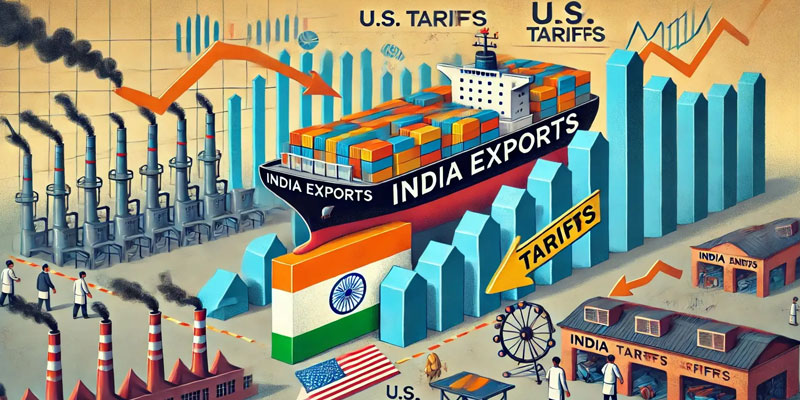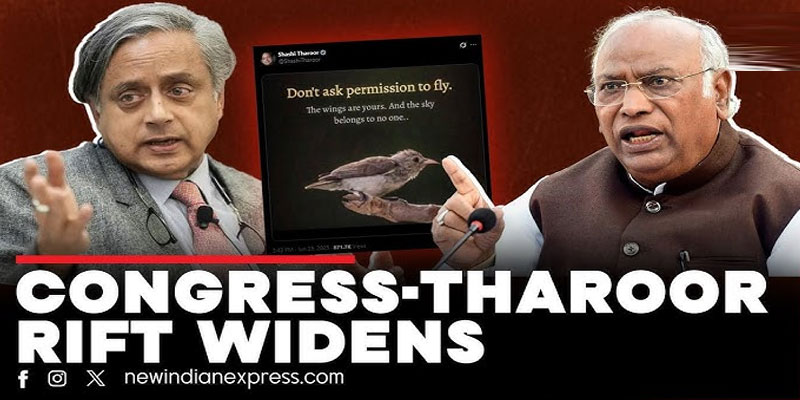The Purpose and Benefits of a Pay Commission
The Pay Commission plays a crucial role in ensuring fair compensation for central government employees in India. Established every ten years, the commission reviews existing salary structures, taking inflation, economic conditions, and the cost of living into account. Its recommendations significantly impact millions of government employees and pensioners by ensuring competitive wages and boosting morale.
The recent approval of the 8th Pay Commission has sparked anticipation, with employees expecting a significant salary revision. While early reports suggested a massive 186% hike in basic pay, experts believe the actual increase will be more moderate, ranging between 10-30%. As the commission prepares to submit its report by the end of 2025, let's break down what employees can expect.
How Much of a Salary Hike Can Employees Expect?
One of the most debated aspects of the 8th Pay Commission is the fitment factor, which determines the new salary based on the existing basic pay. Speculations had suggested an increase in the fitment factor from 2.57 to 2.86, which would have resulted in a minimum basic pay jump from ₹18,000 to ₹51,480. However, former Finance Secretary Subhash Chandra Garg dismissed such expectations, calling them unrealistic.
Instead, Garg suggests that the fitment factor will likely range between 1.92 and 2.08, leading to salary increases of 10-30%, a more moderate but still significant raise. This projection is based on the assumption that Dearness Allowance (DA), which currently stands at 53% (as of July 2024), will rise to 60% by January 2026.
Comparing the 7th and 8th Pay Commissions
7th Pay Commission (2016)
- Fitment Factor: 2.57
- Minimum Basic Pay: Increased from ₹7,000 to ₹18,000
- Average Salary Hike: 14-15%
- Fitment Factor: 1.92 to 2.08
- Minimum Basic Pay: Likely to increase by 10-30%
- Average Salary Hike: Similar or slightly higher than 7th Pay Commission






















